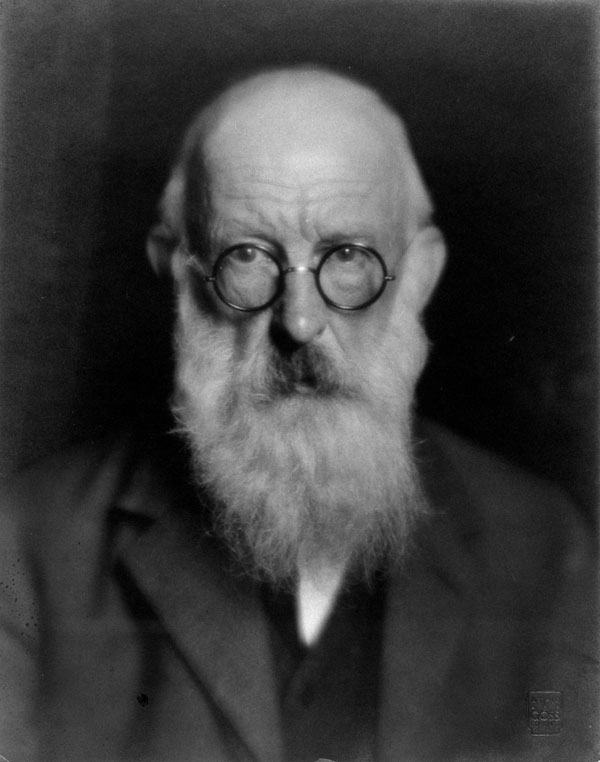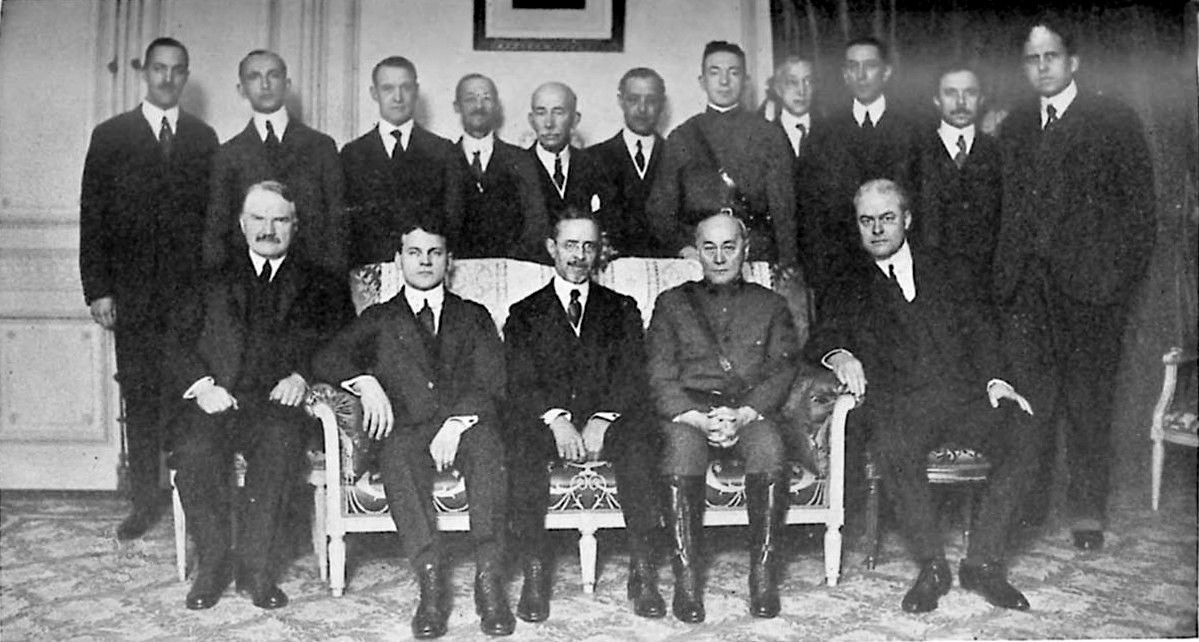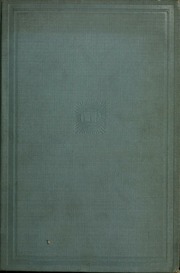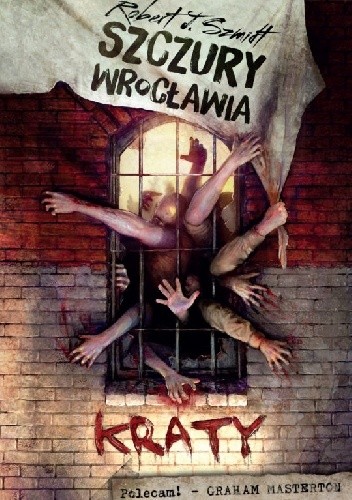James Mavor's An Economic History of Russia (initially published in 1914, republished in 1925), both Volume 1 and Volume 2, are pretty good:
I'm actually surprised that such an extremely detailed two-part book about Russia's economic history was published in the West shortly before the start of World War I. James Mavor, the author of this book, was a Scottish-Canadian economist who died in 1925:

 en.wikipedia.org
en.wikipedia.org
@Husky_Khan What do you think? And do you know of any other extremely old historical economic books? Especially from the pre-WWI era? I don't mean like Karl Marx's work but rather economic histories of various countries.
I'm actually surprised that such an extremely detailed two-part book about Russia's economic history was published in the West shortly before the start of World War I. James Mavor, the author of this book, was a Scottish-Canadian economist who died in 1925:

James Mavor - Wikipedia
@Husky_Khan What do you think? And do you know of any other extremely old historical economic books? Especially from the pre-WWI era? I don't mean like Karl Marx's work but rather economic histories of various countries.









